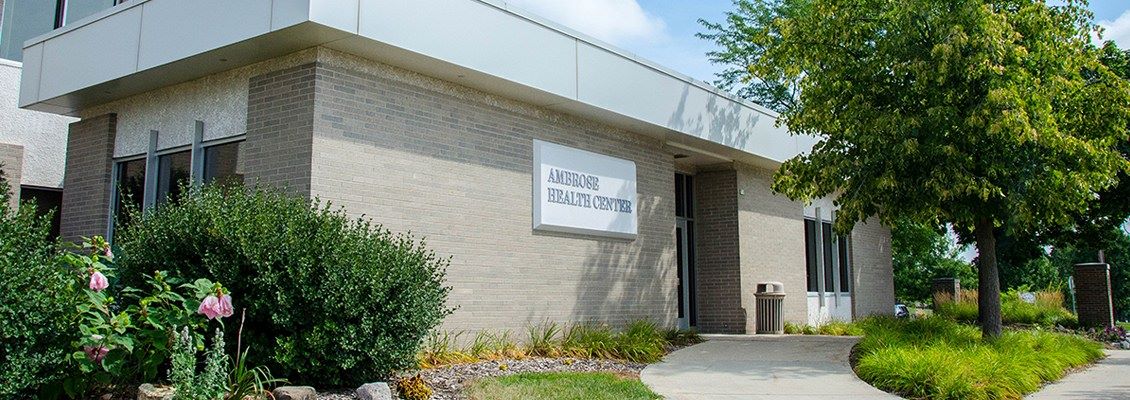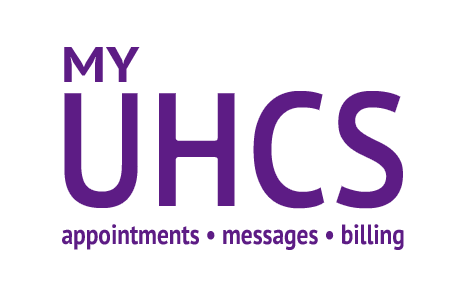Condoms and Barrier Methods
Wellness Information
- Relaxation Room
- Safe Sex Express
- Wellness Peer Educators
-
Wellness Information A-Z
- Alcohol and Other Drugs
- Allergy Information
- Anxiety Information
- Assertiveness
- Back Pain
- Birth Control Methods
- Cold and Flu
- Condoms and Barrier Methods
- Consent
- Dating Violence
- Depression and Sadness
- Eating Disorders
- Emergency Contraception
- Exercise
- Family Concerns
- Fever
- Grief and Loss
- Headaches
- Human Papillomavirus (HPV)
- Immunizations
- International Student Wellness
- LGBT Wellness
- Men's Health
- Mental Health
- Nausea and Vomiting
- Nutrition and Eating Healthfully
- Pap Tests
- Pregnancy
- Psychiatry
- Religion and Spirituality
- Sadness and Depression
- Self Esteem and Confidence
- Sexual and Reproductive Health
- Sexual Assault and Harassment
- Sexually Transmitted Infections
- Skin Care and Tanning
- Sleep
- Staying Healthy
- Stress
- Students of Color
- Suicidal Thoughts
- Test Anxiety
- Time Management
- Tobacco and Cessation Information
- Transitioning to UW-W
- TransHealth
- Travel
- Urinary Symptoms
- Veteran's Wellness
- Weight - What's Best for You?
- Women's Health
- Wellness in Whitewater
- Your Period - What's Normal, What's Not
UHCS Services
Did you know you may be eligible for free condoms and/or STI testing?! UHCS can assist you with your application for these free services. See link below for more information. In addition, UHCS sells a variety of barrier methods that can help you to reduce your risk of contracting a sexually transmitted disease or having an unintended pregnancy. If you would like to purchase condoms or barrier methods, please stop by the Ambrose Health Center and make your purchase at the front desk. If you have any questions, you can call (262) 472-1300. See our page on contraception to learn more about birth control.
Overview
There are so many varieties of barrier methods available for you to use. Below, I've included some information about different types of barrier methods and instructions for how to properly use a the different methods to make sex safer.
Internal and external condoms are used for the prevention of STDs and unintended pregnancy. The external condom is also used for receptive anal sex. Dental dams, or sex dams, can be used during oral sex to minimize the risk of contracting an STD. The dental dam is a latex sheet used to provide a barrier in oral/anal and oral/vaginal sex.
When using a barrier method it is important to follow some key steps to keep yourself safe:
1. Be sure and store the condom or dam in a place that is accessible when you need it. Do not store these items in a wallet or pocket for more than a couple of hours. The heat from your body can degrade the material and make it less effective.
2. Always check the expiration date. Also, be sure to check for any tears or rips in the packaging. If the condom/dam is expired or if there is a tear, find a replacement condom/dam.
- If you are using an external condom, follow these additional steps:
- Put the condom on as soon as your penis is hard. If your penis is uncut, be sure to pull back the foreskin before unrolling the condom.
- Gently squeeze and hold the top of the condom so no air is trapped inside while you unroll the condom. Unroll the condom all the way down to the base of the penis. The condom should unroll easily. If it does not, the condom may be upside down.
3. With condoms, use plenty of lubricant. Do not use oil-based lubes (including Vaseline®), they destroy latex.
4. Make sure that you get your barrier method in place before any physical contact is made. Also, do not re-use a condom or sex dam.
5. When you remove a used condom, be sure to keep the fluid inside away from your partner. When you are finished using the condom/dam throw it away in a trash can. Never discard these in a toilet (floating and/or blocking issues may occur).
Resources
Disclaimer
All information on this website is written by UHCS professional staff unless otherwise noted. No data is collected on visitors to this site. Financial Support for this web site is provided by University Health & Counseling Service, Division of Student Affairs, University of Wisconsin-Whitewater. This web site does not accept advertising.
This site is not meant to replace the advice of a health care or counseling professional. You should not rely on any information on these pages, or information generated for you by this site, to replace consultations with qualified professionals regarding your own specific situation. Some links take you to a source outside of UHCS. The owners of that site, not UHCS, are responsible for the content.



